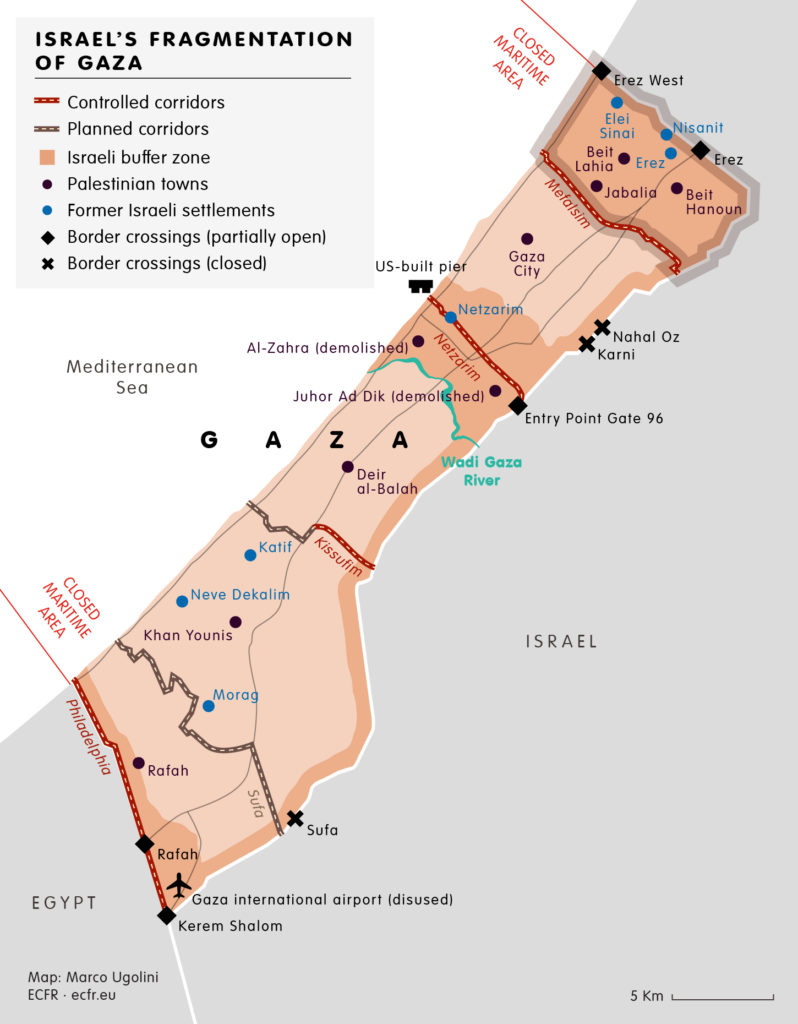This week, Kamala Harris selected Tim Walz as her running-mate – the folksy, state-fair-attending, turkey-hunting governor of Minnesota, who recently made headlines for calling Donald Trump and J.D Vance “weird”. In choosing a white, male Midwesterner as a running-mate, Harris has balanced the Democratic ticket in much the same way Joe Biden did when he selected her in 2020. Across the Atlantic, however, little is known about how the potential vice president could shape US foreign policy.
Walz’s cautious globalism
The Harris-Walz ticket does not have a traditional Atlanticist background nor a particularly robust foreign policy background in general. As Democrats, they would likely follow former Obama and Biden administrations in strengthening ties between the European Union and the United States. But Harris’s choice also demonstrates that the Democratic ticket is rooted in the experience of small-town rural America, sceptical of military interventions, and focused on strengthening the voice of the working- and middle-class.
Walz has vocalised support for Ukraine several times and it is likely that a Democratic victory would largely signal continuity with Biden’s approach to the conflict. However, there’s a popular scepticism among voters of Biden’s pronouncements of unending aid to Ukraine. This in combination with Walz’s history of opposing wars and supporting diplomatic initiatives, may lead Harris to prioritise a negotiated outcome. On Gaza, Walz aligns with the mainstream Democratic support for Israel, but did call for a “working ceasefire” in March, following Harris’s own line. He also described the anti-war voters in his state’s primary as “civically engaged”, demonstrating a willingness to understand their position and diverging from more hardline pro-Israel Democrats.
Walz’s views on China are a bit more complicated. He has close personal ties to the country; he taught English for a year in Guangdong and has since travelled to China nearly 30 times, including for his honeymoon. But he has also rebuked Beijing while in Congress, serving on a committee monitoring human rights violations in China and meeting with the Dalai Lama in 2016.
Teacher, veteran, realist
During his tenure in the US House of Representatives from 2007 to 2019, Walz’s foreign policy positions demonstrated his cautious, common-sense instincts, in line with the realist camp within the party. He ran for Congress in 2006 in opposition of the Iraq war, supported diplomacy in Syria in 2016, endorsed the Iran nuclear deal in 2015, and consistently advocated for war powers reform. He earned a reputation as a centrist Democrat who was willing to buck the party line, particularly on military and veterans issues.
Walz’s background may help garner support from independent, swing, and undecided voters. His life story is a compelling tale of a self-made man that stays grounded in everyday reality. He is a working-class politician with a rural background, a military veteran, public school teacher, union member, football coach, and the first nominee on the Democratic ticket since Jimmy Carter who has not attended law school. Indeed, Walz is more about common-sense and moral values than expertise, and his foreign policy may well be too.
The European Council on Foreign Relations does not take collective positions. ECFR publications only represent the views of their individual authors.
Source link











